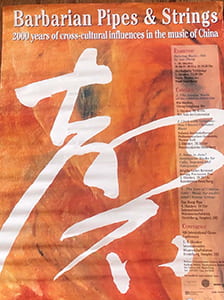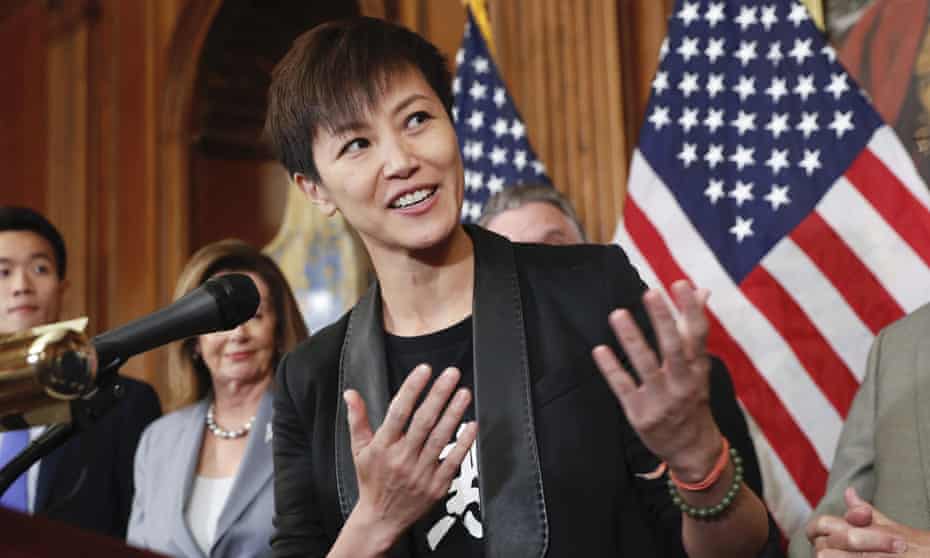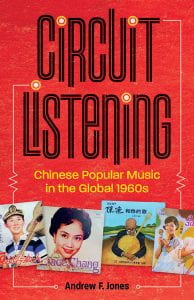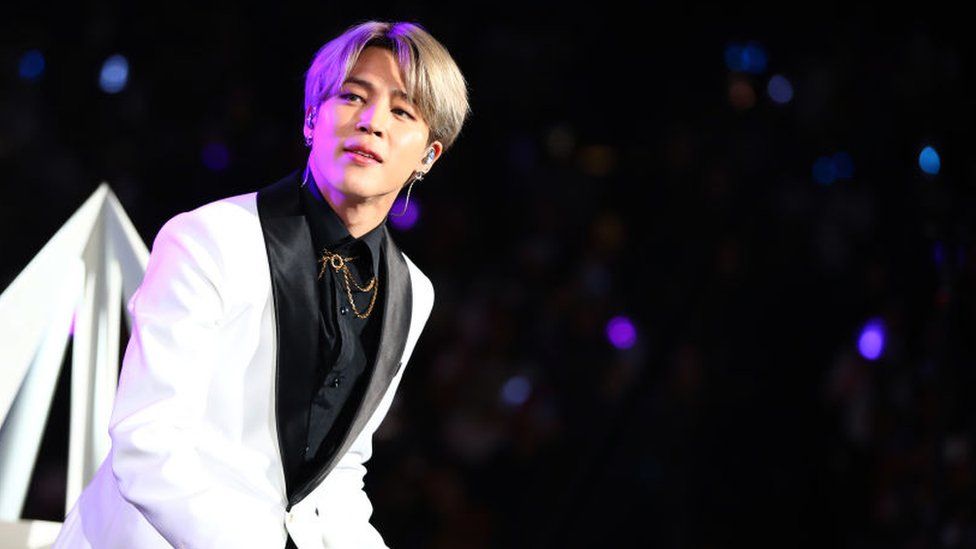 CFP: 25th International CHIME Conference: Barbarian Pipes and Strings Reconsidered — Negotiating Authenticity in the Musics of China: Transcultural Perspectives
CFP: 25th International CHIME Conference: Barbarian Pipes and Strings Reconsidered — Negotiating Authenticity in the Musics of China: Transcultural Perspectives
25th International CHIME Conference, Heidelberg Centre for Asian and Transcultural Studies (CATS), October 1-4, 2023
Exactly 25 years after the last International Chime Conference in Heidelberg that focused on “Barbarian Pipes and Strings,” we return to the city by the Neckar and the Centre for Asian and Transcultural Studies (CATS) that now houses the CHIME Collection to reconsider musical practices in China from a transcultural perspective.
From Confucian debates about the “musics from Zheng and Wei” to more contemporary disputes on “lascivious musics” and “spiritual pollution”—Sunny Side Kong Yiji 阳光开朗孔乙己 just being one of the more recent examples—from controversies over ownership and copyright in old and new folksong or regional opera; to complaints about exoticism on the one hand and self-orientalism on the other—the question of how dangerous, strange or (in)authentic sounds and musics are and who “owns” them, has been important to music-making in China—even while melodies, instruments and sounds from afar have, for the longest of times, been considered some of its most “typical” elements. In this conference, we suggest to explore, how in China’s music worlds “authenticity” has been claimed, contested and negotiated
- through and during transcultural processes and encounters,
- through, by and with technology and media,
- in religious or stately rituals,
- in gendered performances,
- in moments of cataclysmic change,
- in the context of institutionalized (and politicized) musicking,
- through spatial delineations,
- in philosophical, literary or legal writings,
- in reference to other sound cultures and environments,
- in everyday life.








